
NES joins first local science crew with National Geographic
The National Environment Service’s own Terena Koteka-Wiki and Jessie Nicholson joined a team of nine locally based research crew for a research expedition to the
The Rarotonga Environment Act 1994/95 was repealed by the Environment Act 2003 formalising the establishment of the NES.
The role of the National Environment Services is based on 5 main areas and has four main departments.
There is a suite of policies, strategies and plans developed over the years to enable environmental protection, conservation and management.
Our cultural identify is deeply rooted in our environment and it is part of our heritage and legacy.
An Environment Consent is a permission granted to an applicant undertaking an activity that has some but not significant environment impact.
A permission required for the construction of a standard residential dwelling or non-construction purposes such as land clearance.
A management tool used to identify the environmental, social and economic impacts of a project prior to decision making.
Any person planning to take any wild animal or plant overseas must apply for a permit for trade movement of endangered species (CITES).
All importers of bulk HFC goods must register as an approved importer with NES.
Other permits issued by NES relates to the transboundary movement of waste, ozone depletion substances and wildlife.
Biodiversity plans are important documents to manage and determine the state of our natural environment.
Protecting species, habitats, ecosystem, and protecting biological diversity.
Activities to protect, maintain, or restore the quality of environmental media.
Historical milestone for conservation in the Cook Islands
The Environment Act 2003 is the primary legislation applied throughout the Cook Islands and the Outer Islands (Pa Enua) of Aitutaki, Atiu, Mauke and Mitiaro.
Several subsidiary legislations made under the Environment Act 2003 to apply provisions of the Act and to also include the Pa Enua.
Numerous national legislations interlinked with the environment but administered by other government entities.

The National Environment Service’s own Terena Koteka-Wiki and Jessie Nicholson joined a team of nine locally based research crew for a research expedition to the
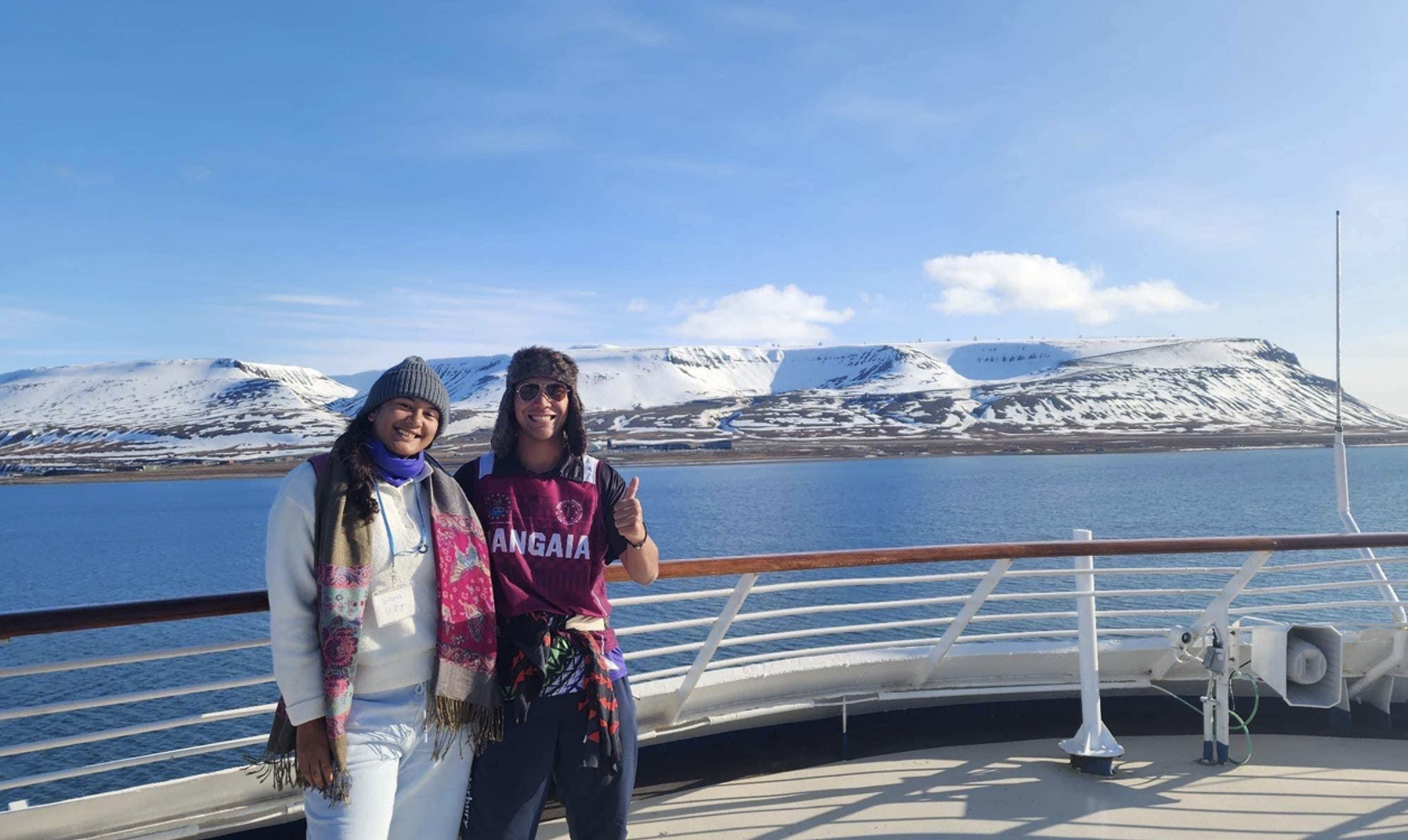
As Siana stated at this voyage “the ocean is not a luxury that we can afford to lose. It is a necessity and a source
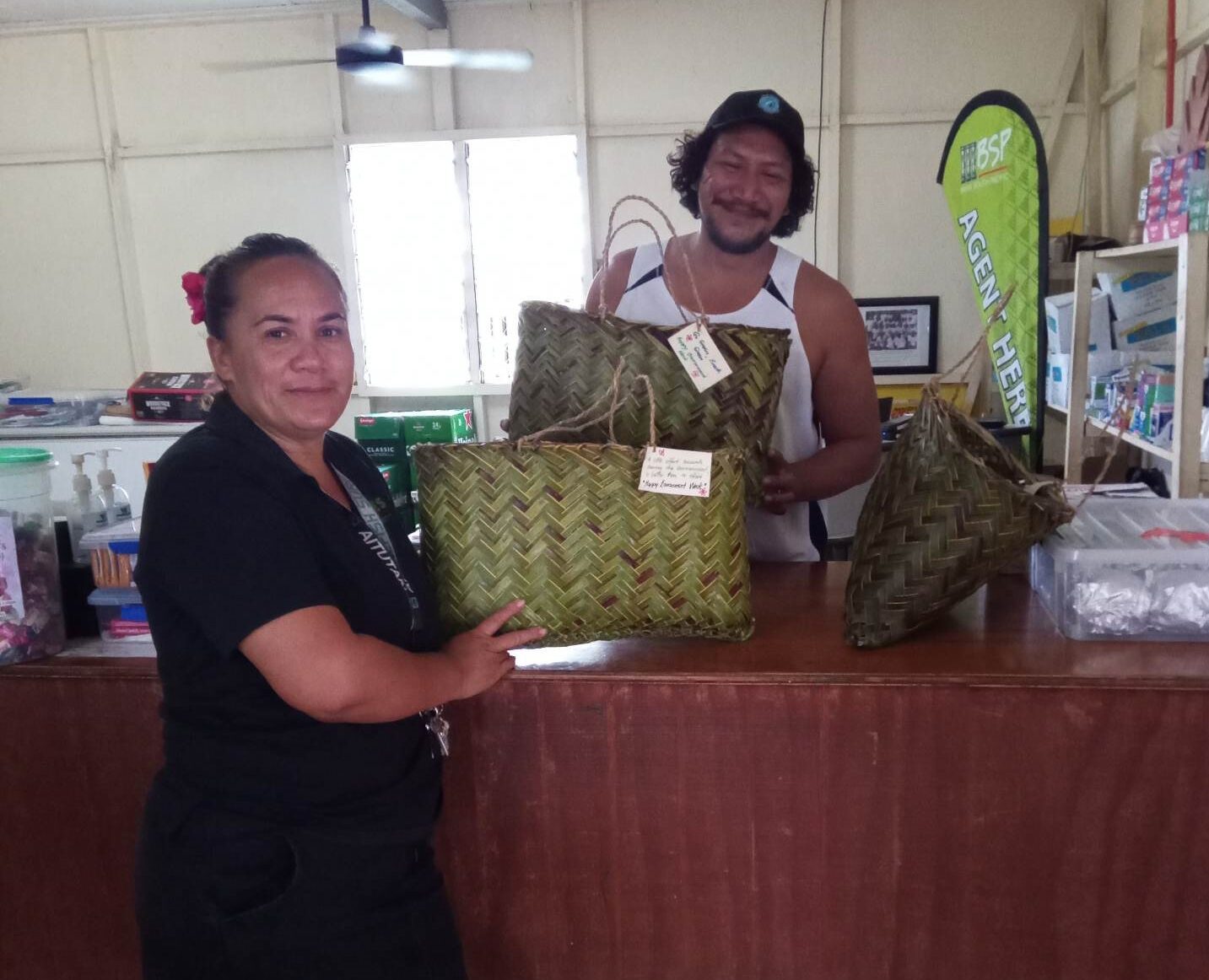
The importance of Tangimama’s campaign comes at a critical time as the role of traditional knowledge, knowledge of indigenous peoples and local knowledge systems and
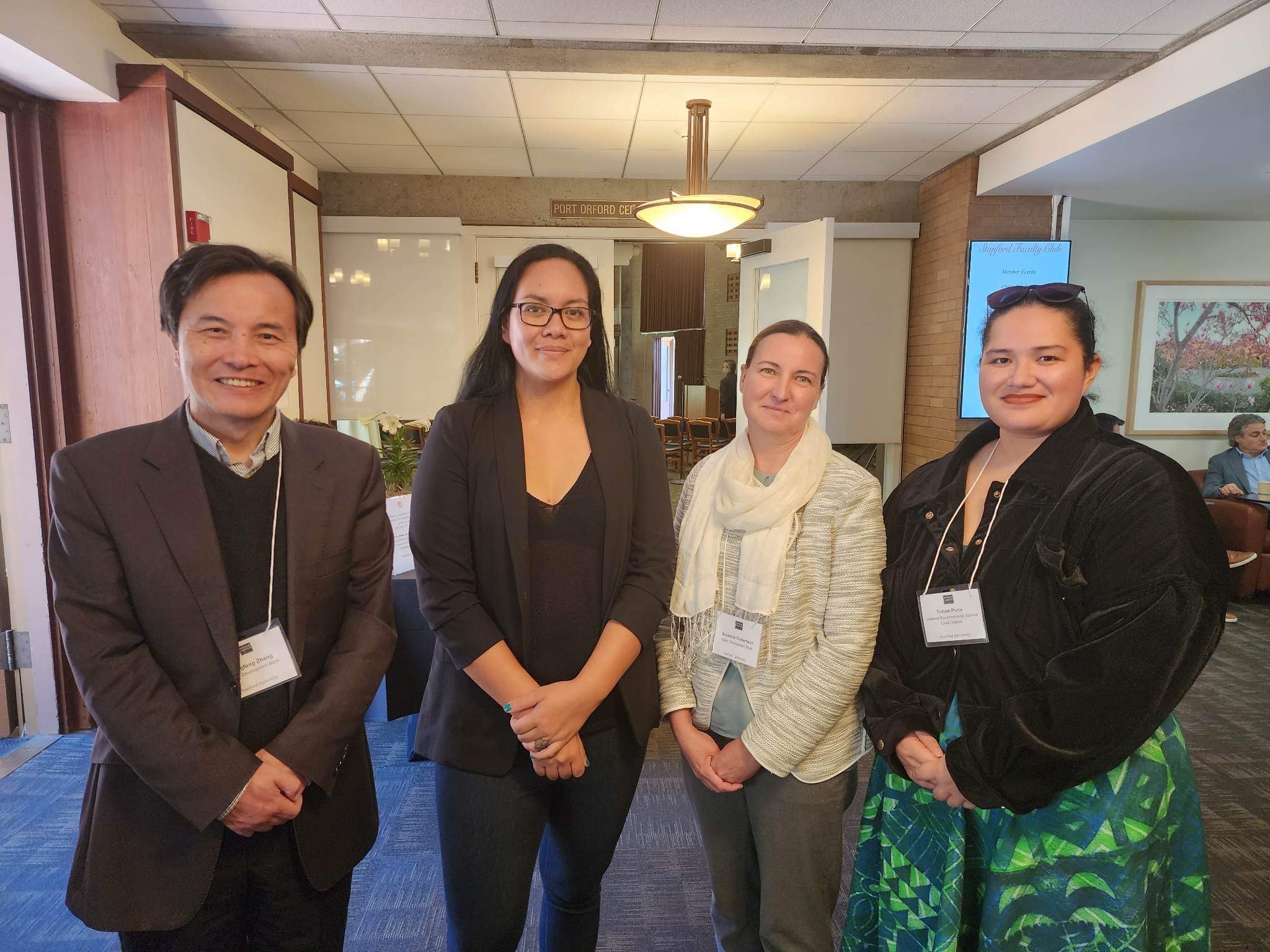
The Cook Islands, one of the selected countries within the Asia Pacific region, was represented by Angelia Williams, Director of Major Projects and Procurement Support

The Noumea Convention is an international treaty that aims to protect and preserve the environment and natural resources of the South Pacific region. The Cook
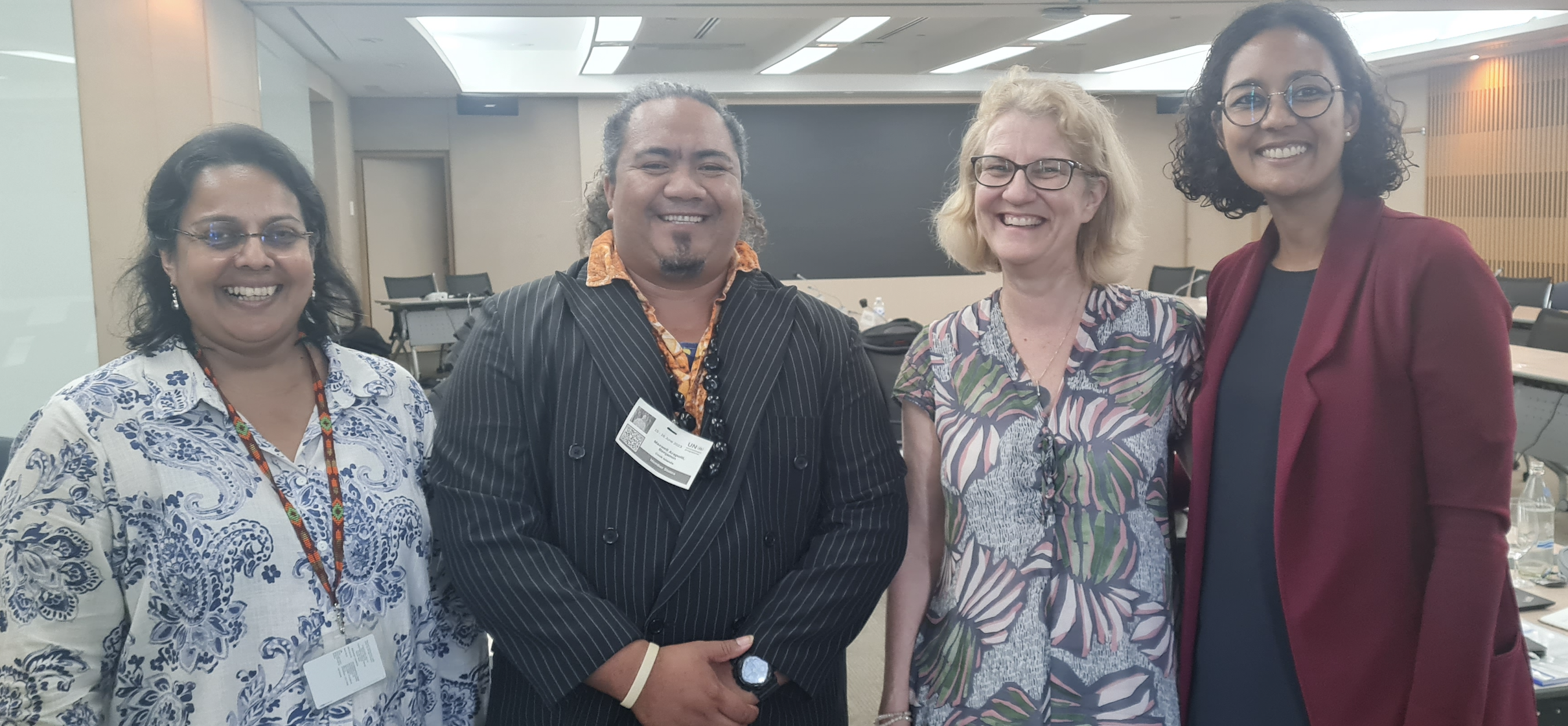
The participation highlighted the Cook Islands’ commitment to sustainability and responsible resource management. Of particular interest were discussions on environmental management relating to sand mining,
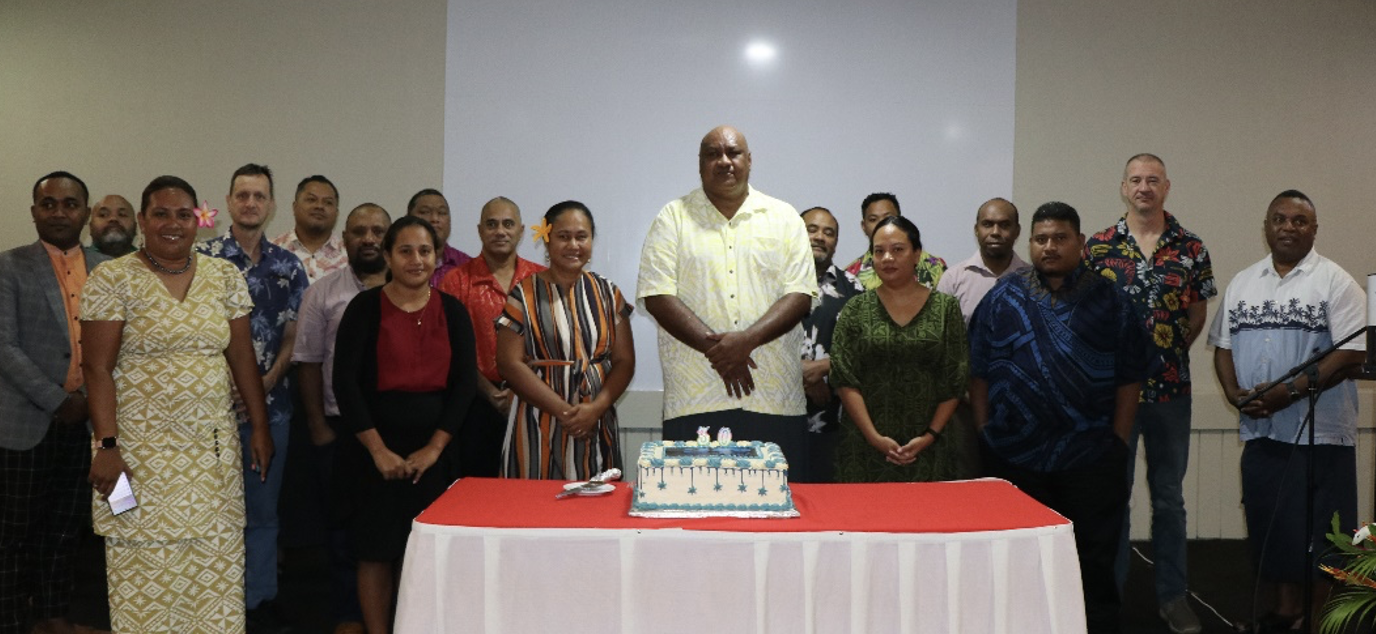
Teariki Tearetoa, NES Research and Pa Enua Coordinator, attended the final regional meeting on the Inform Project. The Inform Project is a unified response for

NES’s participation is important to understand the role of ISA and the equitable sharing of benefits. With the recent passing of the Environment (Seabed Minerals
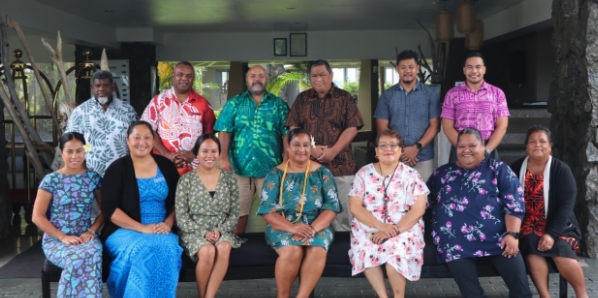
NES looks forward to a working relationship with relevant stakeholders for the benefit of our small island communities, with particular focus on the Pa Enua.